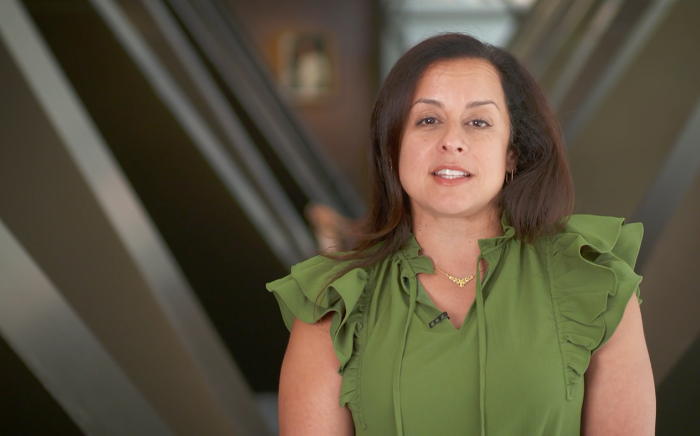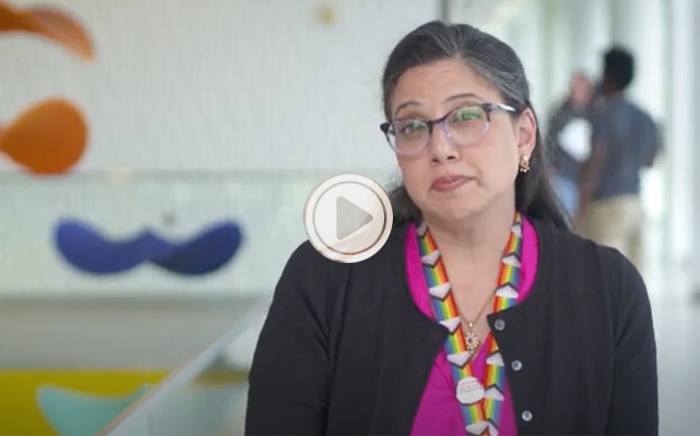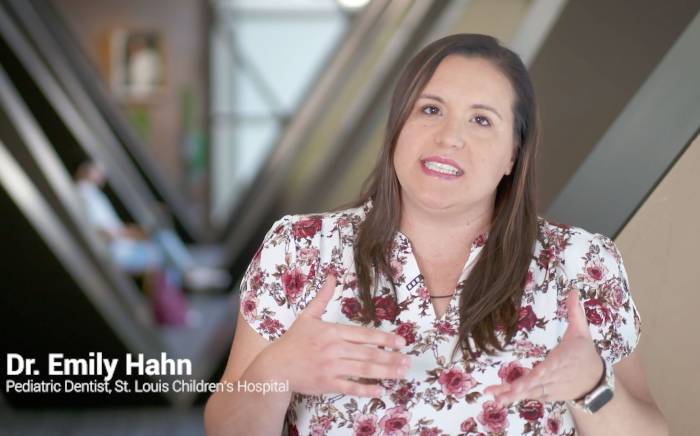What kind of problems does the Medical Ethics Committee talk about?
- What to do when we can no longer help a child get better - when care is "futile".
- What to do when treatment may also hurt the child - weighing benefits and burdens.
- When to stop or start some treatments - questions of withholding or withdrawing therapy.
- What people really want for their child - their values, goals, and expectations.
When should you request a consult?
Children may have complex medical problems with no one right solution. If what is happening with a child's care seems wrong, you should seek advice. If you are a parent, you should first talk with your child's caregivers. If you are a professional, talk with your patient, his or her family and the other professionals involved. Trust your feelings, instincts, and intuition. If there are conflicts, questions or your discussions get stuck, the Medical Ethics Committee is available to help.
What does the Medical Ethics Committee do?
The Medical Ethics Committee:
- Helps patients, their families and the medical team understand issues and make choices when doing the right thing is not always clear. The committee works with the patient's family and medical team to help come to an agreement about what option provides the best care. All discussions are confidential.
- Reviews specific policies.
- Teaches the medical and hospital staff about ethics.
What the Medical Ethics Committee does NOT do?
- The committee does not force anyone to do anything; it may, however, recommend things to do or not do. The clinical team along with the family (and patient, if old enough) always make the final choice.
- The committee does not answer questions about hospital policy.
- The committee does not handle complaints.
- The committee does not evaluate professional behavior.
- The committee does not provide legal counsel and is not a risk management or quality review board.
What happens when I ask for a consult?
Upon getting a request for a consult, a subcommittee member will talk to the person making the request and decide the type of consult needed.
- If the issue is whether something is right or wrong, or there is a conflict about what is best for a child, the subcommittee member will talk to all those involved in the child's care (doctors, nurses, parents, etc.) to hear their view. Next, a meeting is arranged with a team of subcommittee members and everyone involved with the child's care including parents or guardians and caregivers, to discuss the options. The ethics team may need some private time to talk about the issue, but will offer a recommendation that they will discuss with all involved. They also will write their recommendation in the child's chart.
- Is the issue is not related to a specific child, but more a need to discuss the morality or ethics of a situation, the member of the Ethics Subcommittee will arrange for moral counseling or education.
- If the issue is a communication problem, or another type of problem best handled by someone other than the Ethics Subcommittee, the individual will be referred to the proper resource.
Who can ask for an ethics consult?
- Any staff member of the hospital or physician on the medical staff.
- Any parent, guardian, or primary caregiver.
- Any patient.












